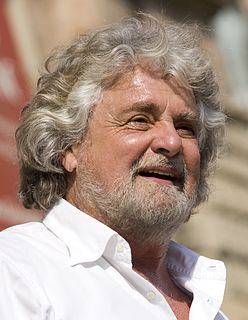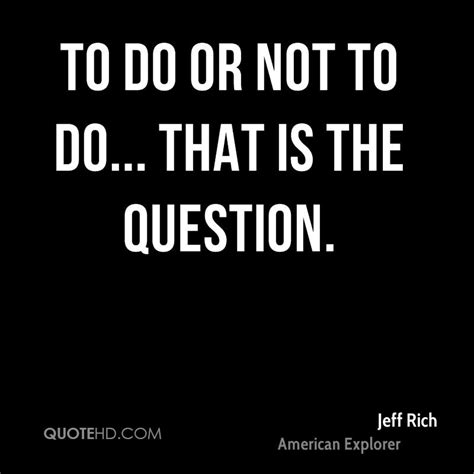A Quote by Reinhold Messner
In politics, you have to compromise from morning to evening. Democracy is the art of compromise.
Related Quotes
Sometimes compromise is important. Sometimes it's better to give in to someone else's wishes in order to have fun as a group or as a couple, or for the benefit of the team. Sometimes compromise is dangerous. We need to guard against compromising our standards to gain the approval or love of someone else. Decide when you can, and when you cannot, compromise. If it's not harmful and you are ambivalent about a decision, then compromise. If it could lead to breaking your values, compromise isn't a good idea.
Our system of government is one of checks and balances. It requires compromise.. compromise between the Executive and the Parliament, compromise between one House and another, compromise between the States and the Commonwealth and compromise between groups of persons with legitimate interests and other groups with other legitimate interests. There is room for compromise.. indeed demand for it.. in a system of checks and balances.
The morality of compromise' sounds contradictory. Compromise is usually a sign of weakness, or an admission of defeat. Strong men don't compromise, it is said, and principles should never be compromised. I shall argue that strong men, conversely, know when to compromise and that all principles can be compromised to serve a greater principle.








































